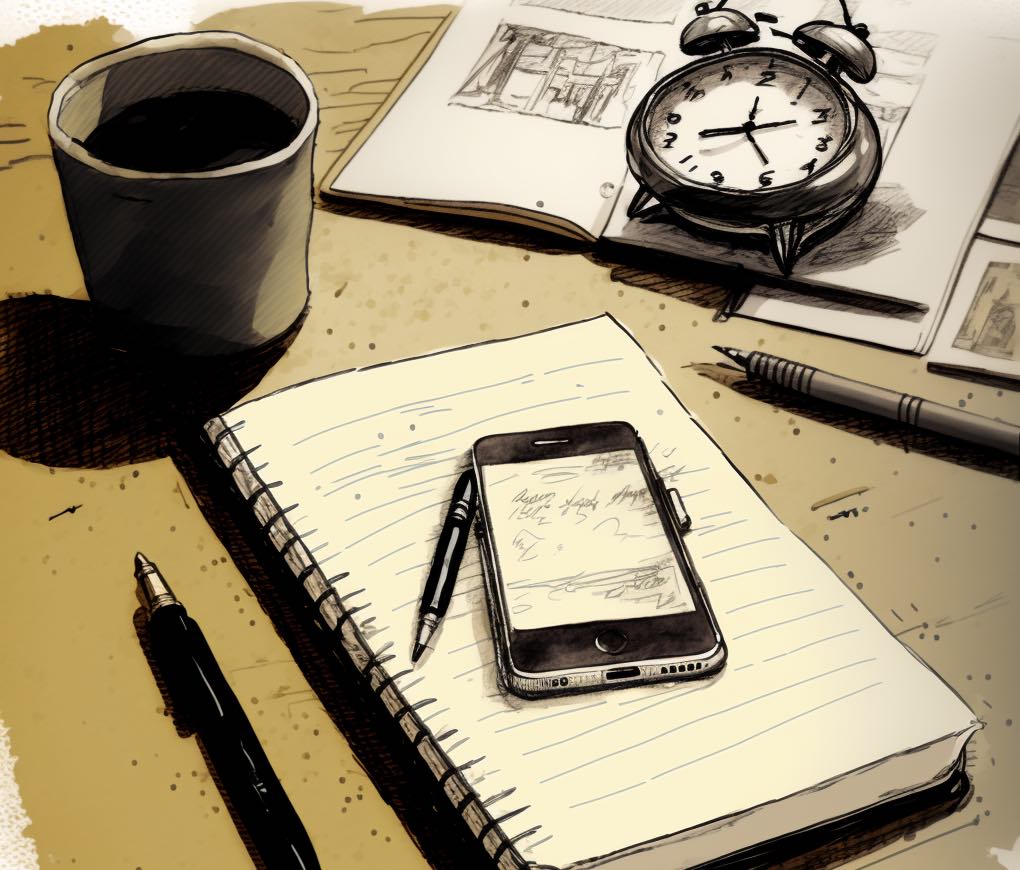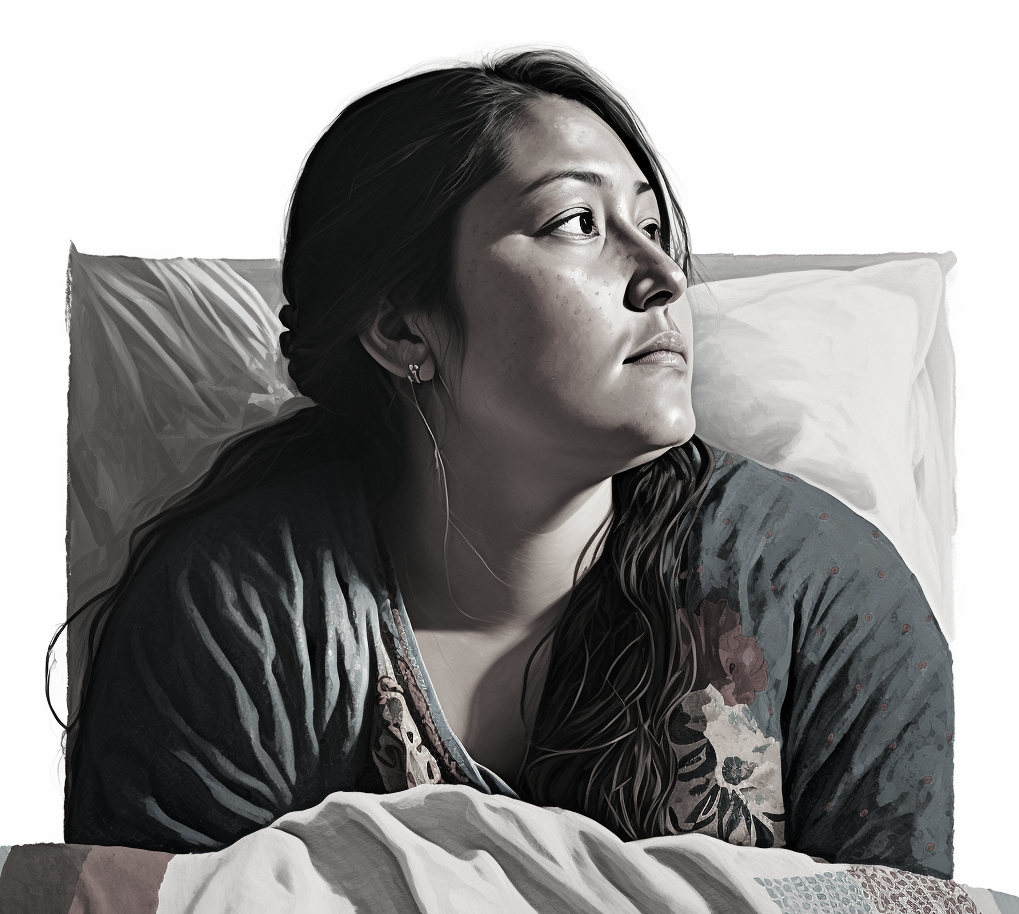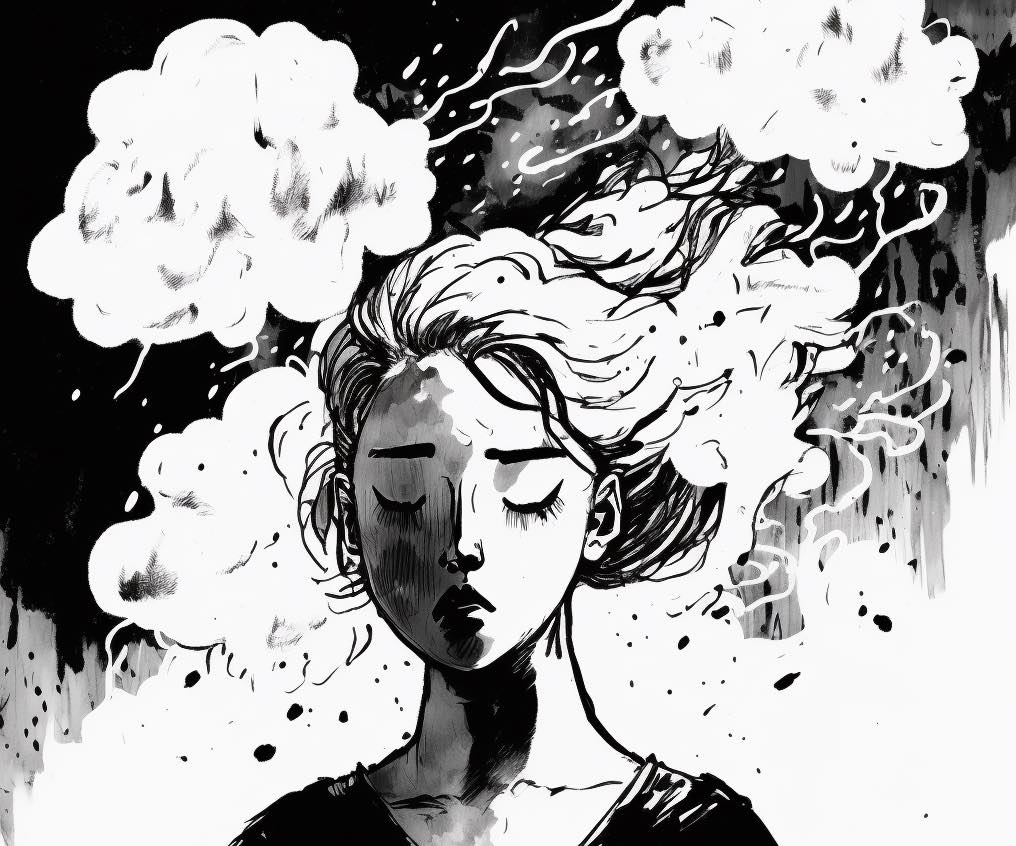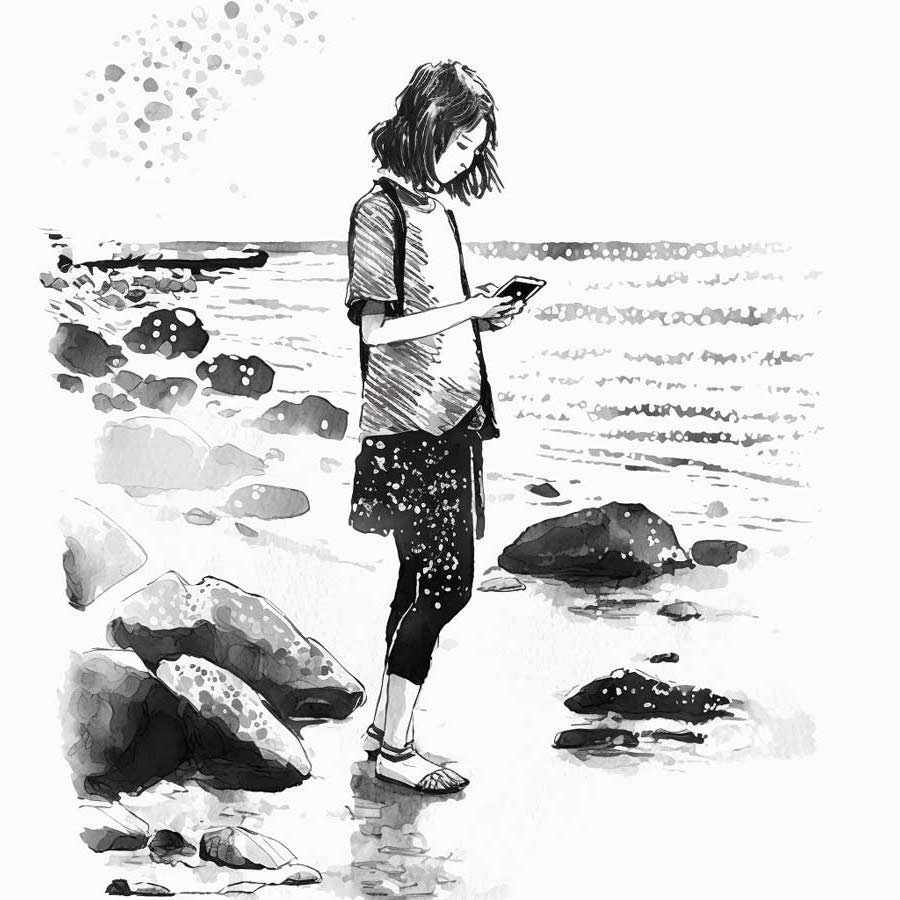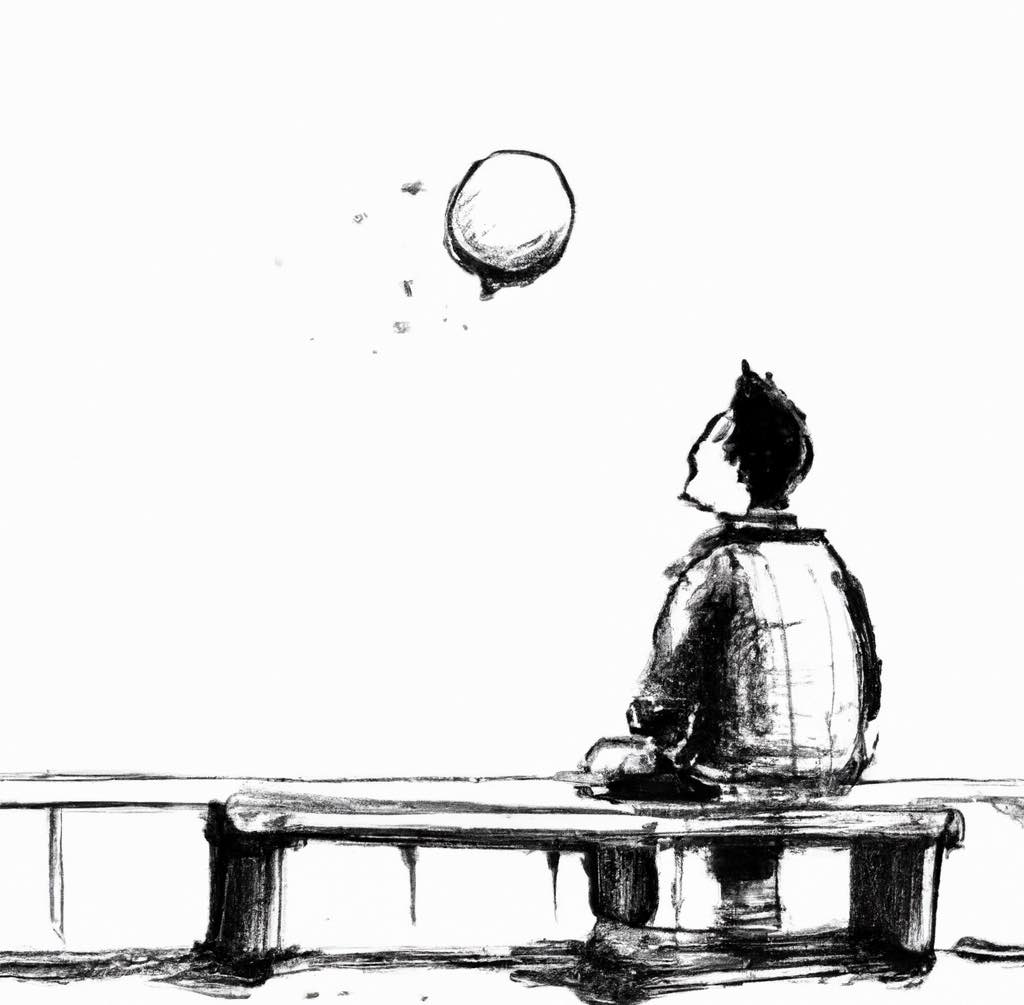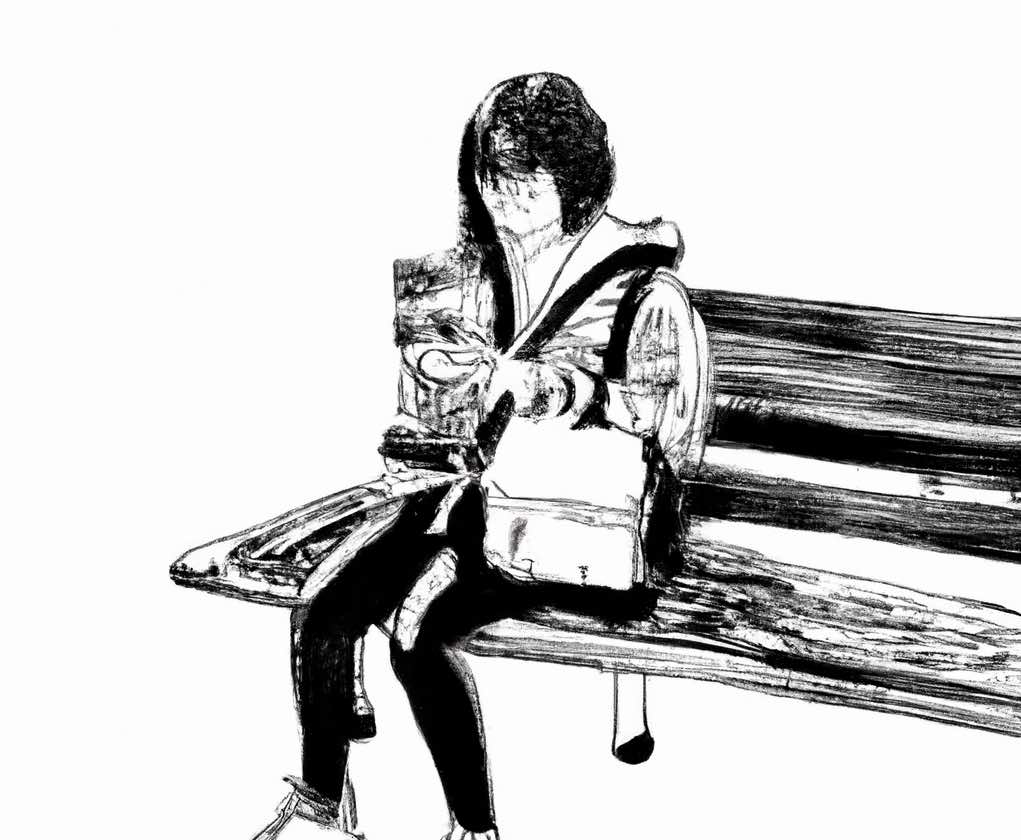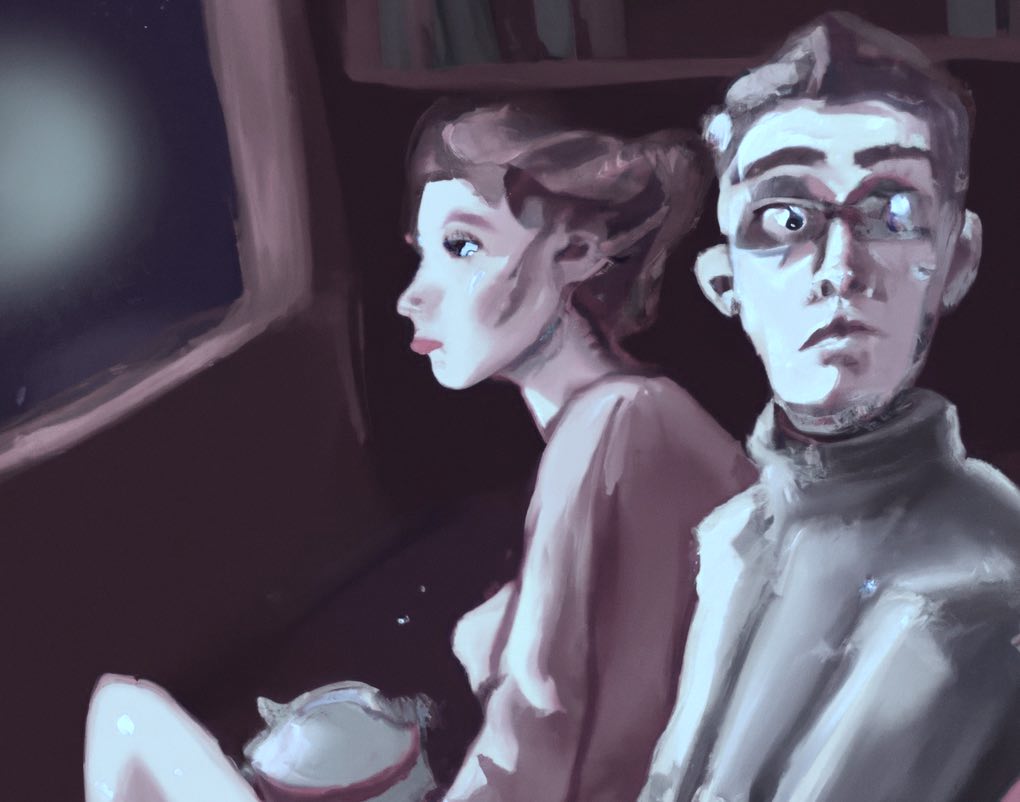Guest post by Christine
Day 1
I woke up feeling really anxious today. I’m not sure what’s causing it, but I’m feeling really overwhelmed and stressed out. I decided to start using the OCD app that I downloaded a few days ago and was sitting on my phone. It has a lot of different CBT-based exercises and I’m hoping it will help me manage my anxiety.
I started off by doing the “belief in change” exercise, which involves swiping a few thoughts, some of them unhelpful. This is supposed to help ground you in the present moment and notice anxious thoughts. It was a bit tough to do at first because my mind kept racing, but eventually I was able to focus on the exercise and it did seem to help a bit.
I also spent some time doing some waves breathing exercises, which have always been helpful for me when I’m feeling anxious. I tried to focus on my breath and let go of any racing thoughts that came into my mind.
In the evening, I went to a holiday party with some friends. I was really nervous about going because I was afraid I wouldn’t know anyone there, but I ended up having a really good time. I met some new people and caught up with old friends, and I was able to relax and enjoy myself despite my anxiety.
Day 2
I woke up feeling a bit confused today, still feeling a bit anxious. I decided to try out the “personal toolbox” feature on the OCD app. It’s a way of writing down your anxious thoughts and then challenging them.
I wrote down the thought “I’m going to make a fool of myself at the office party tomorrow” and then tried to come up with some alternative ways of thinking about it. I realized that I’m sometimes pretty good at social situations and that even if I do make a mistake or do something awkward, it’s not the end of the world.
I also spent some time doing the “doubts” exercise on the app, which involves interacting with thoughts that deal with doubt. I do have many of these negative patterns.
In the evening, I went to the office party and ended up having a really good time. I was able to talk to a lot of different people and didn’t feel as anxious as I thought I would.
Day 3
I woke up feeling fairly ok today. I’m not sure if it’s because of the OCD app or just because I’m feeling less anxious in general, but either way I’m glad.
I spent some time doing the “coping with threat” exercise on the app, which involves focusing on thoughts that are related to feeling under threat and the emotional impact of these thoughts. It was a bit tough to do at first because my mind kept wanting to embrace thoughts that are considered unhelpful, but eventually I was able to focus… and it did seem to help me reframe some of the negative thoughts into more constructive ones.
I also did the “candle” game in which I had to touch the candle and light up one positive thought. The feeling of seeing it light up was nice.
In the evening, I went to a holiday movie with some friends and had a really good time. I was able to relax and enjoy the movie without getting too anxious.
Summary after 3 days
It has been three days since I started using the OCD app with CBT-based exercises to self-manage my anxiety, and so far it has been a helpful tool in helping me cope with my anxiety symptoms. Some of the exercises, like the “doubts” and the “threat” exercises, have been particularly helpful in educating me and helping me reframe my thinking. The “mood tracker” feature has also been useful in helping me track my mood and positive versus negative thinking.
I have noticed some difference in my anxiety levels since starting to use the app, and I am hopeful that with continued use, it will help me better manage my anxiety and improve my overall well-being. I plan to continue using the app and incorporating these exercises into my daily routine as a way to manage my anxiety and improve my mental health.
